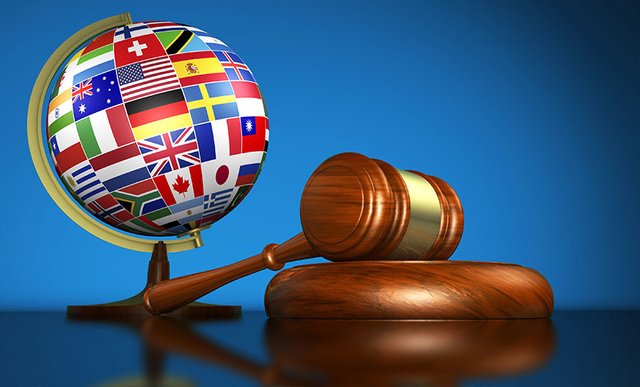International Law: Prosecutor v. Al Mahdi

Hello everyone! I found an interesting case involving public international law. I find this article to be a great read because it provides for a good example of international law in action. I hope you all find it as interesting as I did!
Court Case: Prosecutor v. Ahmad Al Faqi Al Mahdi
Topic: International Law
Date: May 10, 2017
Link: https://harvardlawreview.org/2017/05/prosecutor-v-ahmad-al-faqi-al-mahdi/
Case Summary:
Armies, factions, and individuals have been destroying structures and important objects with cultural significance since early ancient times. After the 1998 Rome Statute, the International Criminal Court (ICC) was established and confronted serious crimes that caused concern in the international community. The Rome Statute helps to prohibit intentional attacks against religious buildings and structures, historical monuments, and artwork during times of war and/or armed conflict. Regardless, these types of attacks have been committed many times in different parts of the world during the twenty-first century.
A good example of this is the assault on religious buildings and historical monuments throughout different parts of the world. In Prosecutor v. Ahmad Al Faqi Al Mahdi, the ICC convicted a member of a jihadist terrorist organization for committing the crime of “intentionally directing attacks against 10 buildings of a religious and historical character” in Timbuktu, Mali during a conflict in 2012. This would make this the first time the ICC imposed a sentence for the war crime of attacking cultural heritage. On September 27, 2016, a three-judge panel of the Trial Chamber unanimously accepted Al Mahdi’s admission of guilt, convicting and sentencing him to nine years of imprisonment for perpetrating attacks against protected sites.
This court case is related to our course curriculum. Chapter 11 states that international law is the body of laws that govern relations among or between nations. The difference between international and national law is that government entities can enforce national law, however, they must submit to a higher power or entity. In this case, the International Criminal Court is that higher power. Public international law refers to laws that deal with the same conduct. It is slightly different from what we have learned in class, because this case deals with an individual committing an international crime on behalf of a terrorist organization.
In summation, I leave you all with several important questions; Even though this is not a case where a nation has violated an international law, do you still think that this is a good example of an individual committing a crime against a whole nation? Do you think that a nation is committing an international crime when it assists in the destruction of buildings and monuments of cultural heritage? What are your thoughts on the sentencing of Al Mahdi? Was it too lenient or too harsh? Read through the case and let me know what you think!


Congratulations @samer714! You have completed some achievement on Steemit and have been rewarded with new badge(s) :
Click on the badge to view your Board of Honor.
If you no longer want to receive notifications, reply to this comment with the word
STOPTo support your work, I also upvoted your post!
Do not miss the last announcement from @steemitboard!